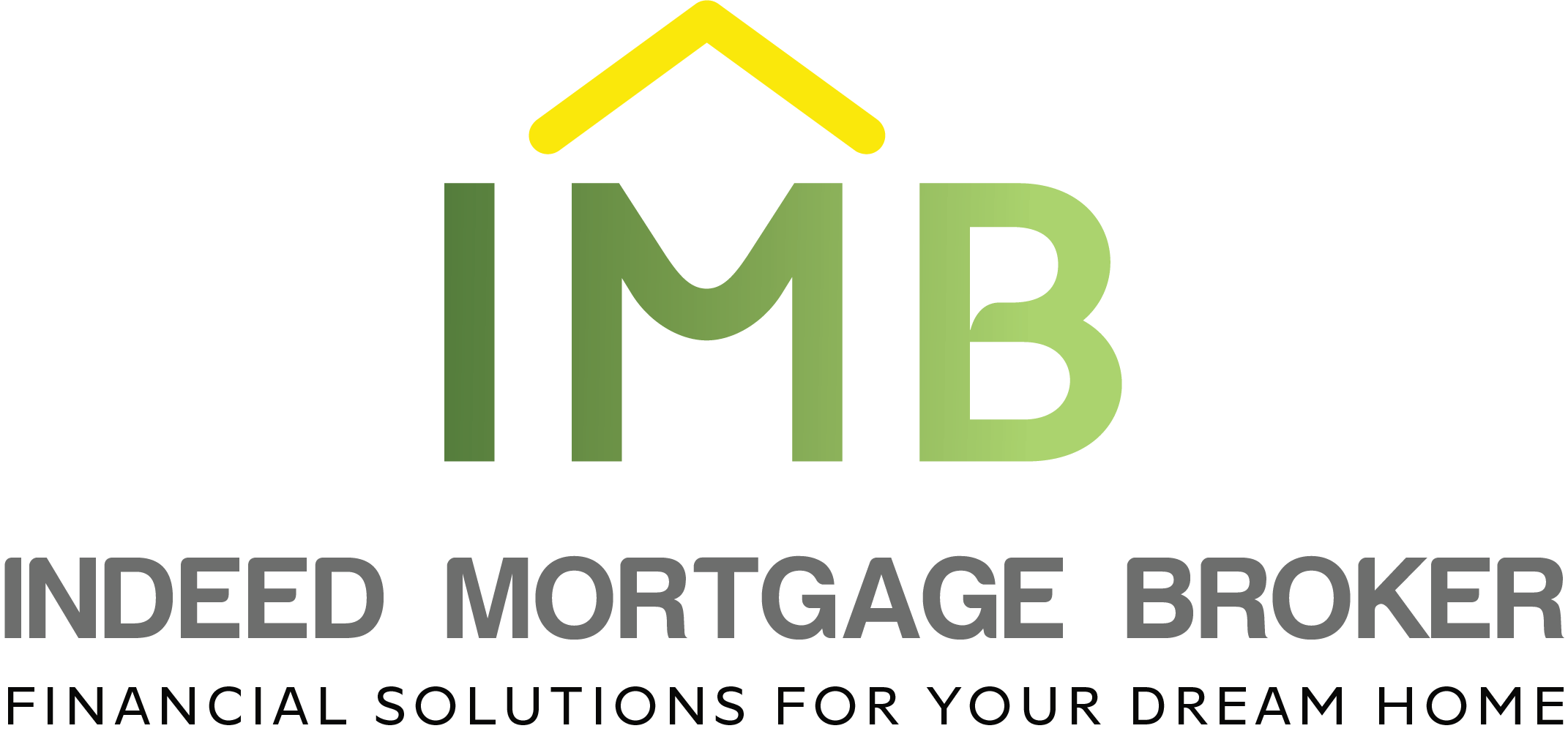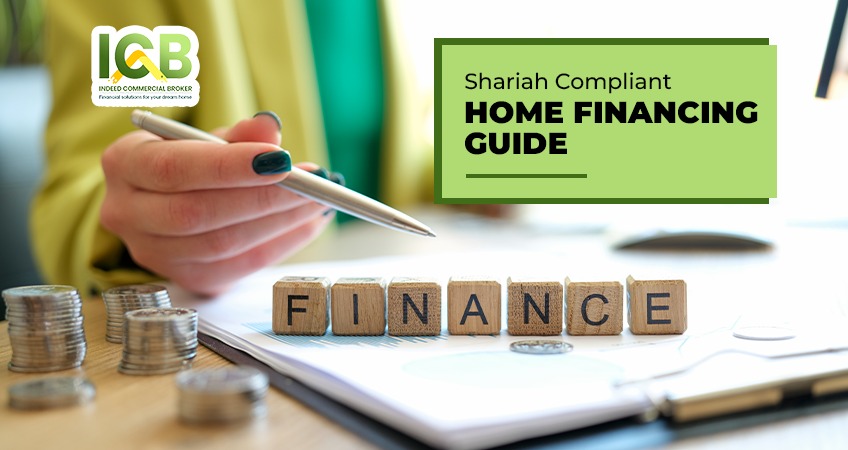Shariah compliant home financing in Dubai, also known as Islamic home financing, follows the principles of Shariah law, which prohibits interest-based transactions. Instead, it relies on alternative structures such as Musharakah or Ijara to facilitate home purchases. Whether you are a first-time homebuyer or a seasoned investor, this guide will provide you with the knowledge and understanding needed to navigate the world of Shariah compliant home financing with confidence.
Understanding the principles of Shariah compliant finance
Shariah compliant finance, also known as Islamic finance, is a system of financial practices and transactions that adhere to the principles of Islamic law, or Shariah. The core principles of Shariah-compliant finance are based on the prohibition of Riba (interest), Gharar (uncertainty), and Maysir (speculation).
The prohibition of Riba, or interest, is a fundamental tenet of Shariah compliant finance. In Islamic teachings, the charging or receiving of interest is considered unethical and is not permitted. Instead, Shariah compliant finance relies on profit-and-loss sharing, where the lender and the borrower share the risks and rewards of a transaction.
Gharar, or uncertainty, is also prohibited in Shariah compliant finance. This means that any transactions or contracts that involve excessive uncertainty, ambiguity, or risk are not allowed. Shariah compliant financial instruments must be transparent and clearly defined in terms of their structure, rights, and obligations.
The prohibition of Maysir, or speculation, is another key principle of Shariah compliant finance. Transactions that involve gambling, speculation, or any form of uncertainty that could lead to unjust enrichment are not permitted. Shariah compliant financial instruments must be based on real economic activities and transactions, rather than on speculative or derivative-based instruments.
The difference between conventional and Shariah compliant home financing
- Conventional home financing, which is the most common form of home financing in Dubai, typically involves the use of interest-bearing loans, such as mortgages. In a conventional mortgage, the lender charges the borrower a certain percentage of the loan amount as interest, which the borrower must repay over the life of the loan.
- In contrast, Shariah compliant home financing avoids the use of interest-bearing loans and instead relies on alternative structures that are in line with Islamic principles. These structures include Murabahah (cost-plus financing), Ijara (leasing), and Diminishing Musharakah (partnership financing).
- In a Murabahah transaction, the lender (typically an Islamic bank or financial institution) purchases the property on behalf of the borrower and then sells it to the borrower at a higher price, with the difference representing the lender’s profit. The borrower then pays the lender in installments over an agreed-upon period.
- Ijara, on the other hand, is a lease-to-own arrangement where the lender purchases the property and leases it to the borrower. The borrower makes periodic rental payments to the lender, and at the end of the lease term, the borrower can purchase the property for a nominal fee.
- Diminishing Musharakah is a partnership-based financing structure where the lender and the borrower jointly purchase the property. The borrower then gradually buys out the lender’s share over time, reducing the lender’s ownership stake until the borrower becomes the sole owner of the property.
Benefits of Shariah compliant home financing
One of the primary benefits of Shariah compliant home loan in Dubai is that it aligns with the ethical and religious principles of many Muslims. By avoiding interest-based transactions, Shariah compliant financing allows Muslims to fulfill their religious obligations and maintain their financial activities in accordance with Islamic teachings.
Another benefit of Shariah compliant home financing is the risk-sharing nature of the transactions. In conventional mortgage financing, the borrower bears the entire risk of the transaction, while in Shariah compliant financing, the risk is shared between the lender and the borrower. This can provide a sense of fairness and equity in the financial relationship.
Shariah compliant home loans can also offer greater transparency and clarity in the terms and conditions of the transaction. The structures and processes involved in Shariah compliant financing are typically well-defined and documented, which can help borrowers understand their rights and obligations more clearly.
Additionally, Shariah compliant home financing located in Business Bay, Dubai like IndeedCB can provide an alternative option for individuals who may not have access to traditional mortgage financing due to religious or ethical concerns. This can help expand access to home ownership and contribute to greater financial inclusion within the Muslim community.
Eligibility criteria for Shariah compliant home financing
To be eligible for Shariah compliant home financing, borrowers typically need to meet certain criteria, which may vary depending on the specific financial institution and the type of financing option being used.
Some common eligibility criteria include:
- Religious affiliation:
Borrowers must be Muslims or adhere to Islamic principles to qualify for Shariah compliant home financing. Some financial institutions may also accept non-Muslims who are interested in Shariah compliant financing.
- Income and employment:
Borrowers must have a stable source of income, such as employment or self-employment, and meet the minimum income requirements set by the financial institution. This is to ensure that the borrower has the financial capacity to make the required payments.
- Credit history:
Borrowers must have a good credit history and a satisfactory credit score. Financial institutions may also conduct additional checks to ensure that the borrower has a clean financial record and no outstanding debts or defaults.
- Property type and location:
The property being financed must meet certain criteria, such as being located within a specific geographic area or being used for residential purposes. Some financial institutions may also have restrictions on the type of property, such as prohibiting the financing of properties used for commercial or industrial purposes.
- Down payment:
Borrowers may be required to make a down payment, typically ranging from 20% to 30% of the property’s value, depending on the financial institution and the type of financing option being used.
- Shariah compliance:
Borrowers must ensure that the property being financed and the financing arrangement itself are in compliance with Shariah principles. This may involve obtaining a Shariah compliance certificate or approval from the financial institution’s Shariah advisory board.
Meeting these eligibility criteria can help ensure a smooth and successful Shariah compliant home financing process. You can also receive expert advice from the best mortgage advisor in the UAE, Indeed Commercial Broker, to ensure your home purchase aligns with your values and meets your financial needs.
Conclusion
In conclusion, Shariah compliant home financing in UAE offers a viable alternative for Muslim homebuyers and those seeking to align their financial activities with Islamic principles. By understanding the principles of Shariah compliant finance, the various financing options available, and the eligibility criteria and application process, home buyers can make an informed decision that meets their religious and financial needs.





